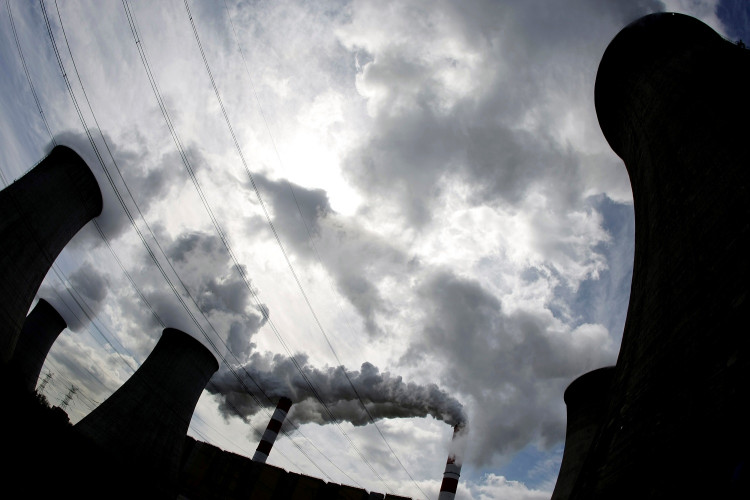The National Oceanic and Atmospheric Administration says the amount of carbon dioxide in the Earth's atmosphere reached 419 parts per million in May - the highest in more than 4 million years.
After falling as a result of pandemic-related lockdowns last year, greenhouse gas emissions have begun to rise again as economies reopen and people resume work and travel.
According to the administration's report, new data on May carbon dioxide levels show the world community has so far failed to limit the accumulation of heat-trapping gases in the atmosphere
"We are adding roughly 40 billion metric tons of CO2 pollution to the atmosphere a year," Pieter Tans, a senior scientist with the administration's global monitoring laboratory, said in a statement. "If we want to avoid catastrophic climate change, the highest priority must be to reduce CO2 pollution to zero at the earliest possible date."
The May measurement is the monthly average of atmospheric data collected by the administration and the Scripps Institution of Oceanography at an observatory on Hawaii's Mauna Loa volcano. The administration reported a monthly average of 419.13 parts per million while Scripps determined a monthly average of 418.92. A year earlier, the average was 417 parts per million.
According to the administration, the last time the atmosphere held comparable concentrations of carbon dioxide was during the Pliocene period - approximately 4.1 to 4.5 million years ago. At the time, sea levels were 78 feet higher. The Earth was 7F warmer on average and large trees might have thrived in what is now the Arctic tundra.
Since 1958, scientists from the Scripps Institution of Oceanography at the University of California, San Diego and later the administration, have measured the amount of carbon dioxide in the Earth's atmosphere at a weather station on Mauna Loa. Carbon dioxide concentrations rise enough each year to create a record.
Scientists argue that to avert even more severe scenarios in the future, governments must drastically reduce their emissions of carbon dioxide and other greenhouse gases.
In February, the U.S. formally rejoined the Paris Agreement on climate change.
John Kerry, special envoy on climate change said President Joe Biden was "restoring America's credibility and commitment," and the world "must and will raise ambition" to combat world warming.






